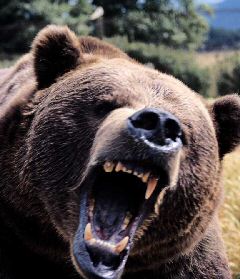
Biologists from the American Museum of Natural History and the City University of New York (CUNY) have found that grizzly bears are roaming into areas that were traditionally thought of as polar bear habitats.
Grizzly sighting data was recently published inCanadian Field Naturalist and shows that sightings ofUrsus arctos horribilis in Canada’s Wapusk National Park appear to be increasing in frequency. “Grizzly bears are a new guy on the scene, competition and a potential predator for the polar bears that live in this area,” says CUNY’s Robert F. Rockwell. “The first time we saw a grizzly we were flying over the middle of Wapusk, counting fox dens, when all of the sudden [co-researcher] Linda Gormezano shouted ‘Over there, over there – a grizzly bear.’ And it wasn’t a dirty polar bear or a moose – we saw the hump.”
That sighting in 2008 spurred Rockwell and Gormezano to look through records to get a better picture of the bear population in the park. There was no evidence of grizzly bears before 1996, but between 1996 and 2008 the team found nine confirmed sightings of grizzly bears, and in the summer of 2009 there were three additional observations.
Researchers had previously thought that the barren landscape north of the Hudson Bay was an impassable gap in resources for potentially migrating grizzly bears. But some have managed to move from their historic ranges in the Rockies, the Yukon, and Nunavut. The researchers speculate that this was probably because of their flexible, mixed diet of berries and meat. The potential gap was navigable, and now some grizzly bears have reached the abundant caribou, moose, fish, and berries found to the south in Canada’s Wapusk National Park.
“These animals will eventually be residents of this national park,” says Rockwell. “The Cree elders we talked to feel that now that grizzly bears have found this food source they will be staying.”
Related:
Polar Bear Headed For Extinction
Arctic Heatwave Sends Climatologists Back To Drawing Board
Warming Britain Attracting New Bird Species
Insects The Likely Winners From Warming Climate

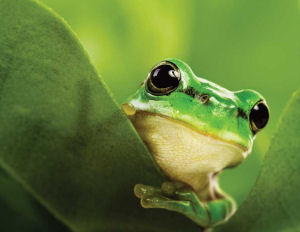






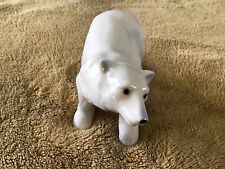
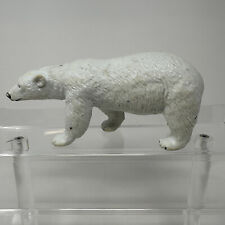



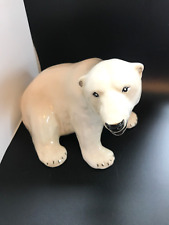
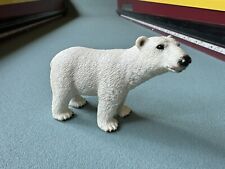


Comments are closed.